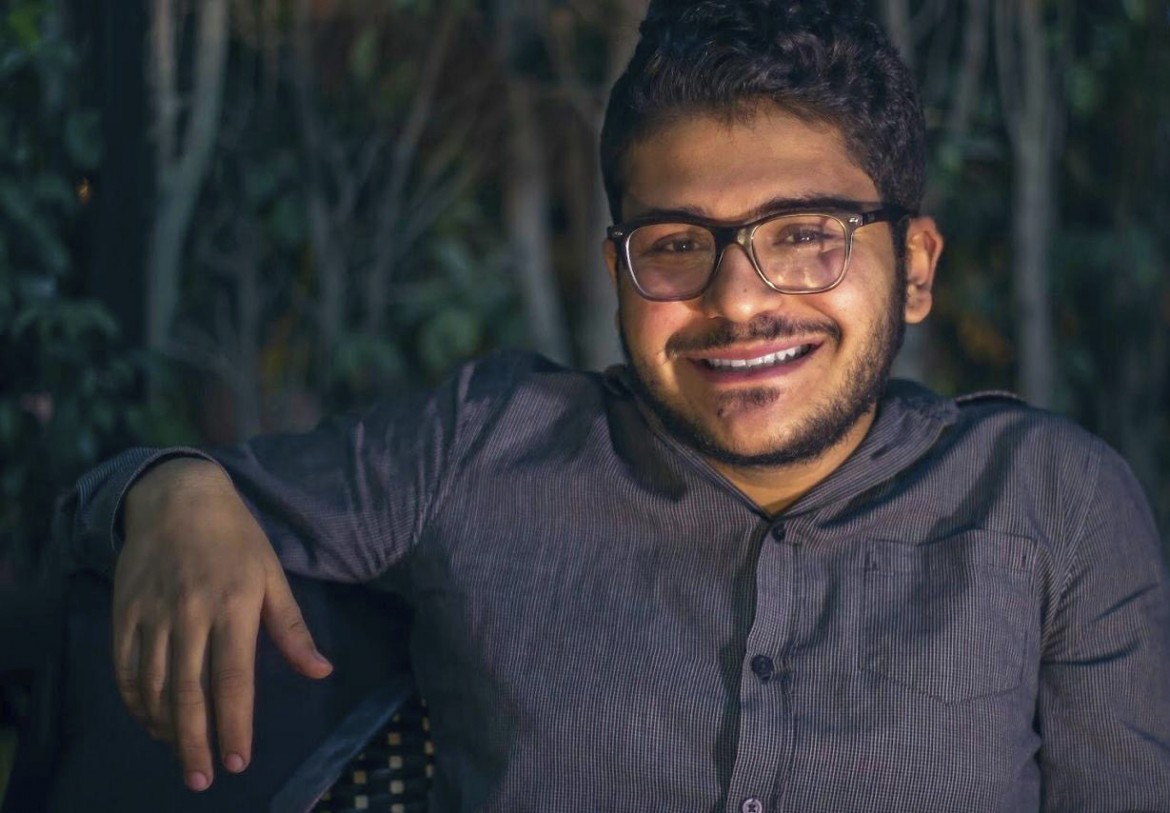Interview
Italian MP to Egypt: Zaki should be released immediately
We spoke with Erasmo Palazzotto, an Italian member of parliament from the LeU party, who leads the parliamentary commission into the murder of Giulio Regeni. He said Italy must review its relationship with the Egyptian government.

The black hole that is the Egyptian prison of Tora is swallowing up more and more lives: a few days ago, it took the life of the young film director Shady Habash, who died in a cell after two years behind bars without anything resembling a trial. He was still in pre-trial detention, the same supposedly preventive measure that is being used to keep Patrick Zaki, the student from the University of Bologna accused of subversion by the regime, locked up in the same prison.
On Tuesday, after seven postponements, the long-awaited hearing at the Supreme State Security Prosecutor’s Office on the renewal of pre-trial detention was held in the absence of Patrick or his lawyers. His attorney, Hoda Nasrallah, gave the bad news that the measure was renewed. That means Patrick stays in jail. On Wednesday, speaking to ANSA, Nasrallah said he still didn’t know the length of the renewal, but “it’s 90% likely it will be another 15 days in prison.” An announcement is scheduled for Saturday.
In the case of the young Egyptian student, the violation of the right to legal defense is now justified by the judicial authorities by invoking the COVID-19 emergency. This is just one of the measures taken, including a ban on family visits, which guarantee no protection at all in the crowded, dirty prisons with little air or natural light.
“This session did not allow Patrick to practice his right of communicating with the prosecutor or his right for legal defense,” wrote the Free Patrick Zaki campaign on Facebook. “All that this session provided was a mere show of legal form without the provision of any protection for the legal rights of the detainees.”
Patrick’s situation was discussed on Wednesday at the testimony of Amnesty International before the Parliamentary Commission of Inquiry into the murder of Giulio Regeni (which was established in December) via videoconference: “We fear that the pandemic will become an excuse to continue this detention in a wanton manner,” said Amnesty’s Head of Institutional Actions, Giulia Groppi, recalling the abuse of the practice of endless renewal of pre-trial detention which is typical for the Egyptian regime, done every 15 days without the accused ever arriving before a judge.
Among those who are closely following the proceedings against Zaki is the Italian ambassador to Cairo, Giampaolo Cantini, whose presence in the North African country has been the subject of criticism by the Regeni family and the associations and movements that have been calling for truth in the case of the young researcher for over four years.
In an interview with il manifesto, Erasmo Palazzotto, member of the LeU parliamentary group and chairman of the Commission of Inquiry, appealed explicitly to Cantini: “I believe that the Italian ambassador to Cairo must point out to the Egyptian government that Italy’s position is that he (Patrick Zaki) should be immediately released, and he must also ask that people be able to visit him in prison to ensure his state of health.”
The detention of Patrick Zaki was one of the issues that the Commission discussed at the hearing with Amnesty.
Patrick Zaki, as has also emerged today, is one of the many victims of the repression of the Egyptian government. He is a victim who once again links our country to Egypt and who gives us an additional responsibility, that of defending the interests of an Egyptian student at an Italian university and demanding his release. Especially at a delicate and difficult time like this, during the COVID pandemic, in view of the fact that he is suffering from asthma and that so many people die in Egyptian prisons every year due to a lack of sanitary conditions and healthcare. Invoking the containment of the epidemic, the Egyptian government does not allow prison visits: Patrick’s family and his lawyers have not heard from him for over a month.
With regard to the human rights situation in Egypt, what do you want to say about the continuation of normal relations between Rome and Cairo?
What Amnesty has offered us is a dramatic picture of the human rights situation in Egypt, with constant repressive action by the Egyptian government against all opposition and obsessive behavior against all organizations, NGOs, activists or individuals who might have relations with the outside world. From this point of view, it was stressed that it is necessary to evaluate whether it is opportune to impose conditions for the continuation of diplomatic, economic and political relations with a country that shows such a level of repression and violation of human rights.
The Parliamentary Committee on the murder of Giulio Regeni is proceeding with its work, after having heard from the Public Prosecutor of Rome, Ambassador Cantini and his predecessor Massari in recent months. How is the work progressing?
The Commission stopped its work shortly after it started. Today, two months later, we have resumed the hearings, starting with Amnesty International. We are encountering the difficulty of having to work remotely, and therefore a little slowly, but we are trying not to waste any more time. It is clear that our work has been affected both by the pause and by this difficulty. We are counting on resuming the work and seriously accelerating it in order to reach the reconstruction of the truth as soon as possible.
Originally published at https://ilmanifesto.it/lambasciatore-italiano-in-egitto-chieda-di-vedere-patrick-zaki/ on 2015-10-08
